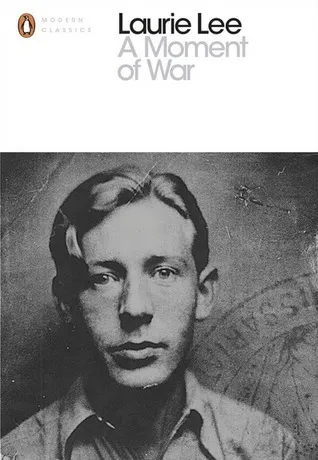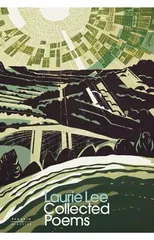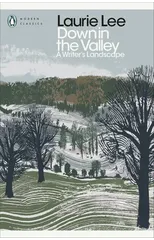A Moment of War is the powerful and harrowing final book in Laurie Lee's acclaimed trilogy that began with Cider with Rosie Laurie Lee was still a young man when he decided to fight for the Republican cause in Spain's civil war. But though he braved icy, storm-swept mountains alone to contact Republican sympathisers, he was immediately suspected of being a Nationalist spy. Imprisoned and almost executed by his own side, he eventually joined the International Brigade. This is the story of his experiences as a Republican soldier, fighting for the losing side in a doomed war. 'A great, heart-stopping narrative of one young Englishman's part in the war in Spain . . . crafted by a poet, stamping an indelible image of the boredom, random cruelty and stupidity of war' - Literary Review 'This story aches with unforgotten cold and trembles with unforgotten terror' -Guardian Laurie Lee has written some of the best-loved travel books in the English language. Born in Stroud, Gloucestershire, in 1914, he was educated at Slad village school and Stroud Central School. At the age of nineteen he walked to London and then travelled on foot through Spain, where he was trapped by the outbreak of the Civil War. He later returned by crossing the Pyrenees, as he recounted in A Moment of War. In 1950 he married Catherine Polge and they had one daughter. Laurie Lee published four collections of poems: The Sun My Monument (1944), The Bloom of Candles (1947), My Many-Coated Man (1955) and Pocket Poems (1960). His other works include The Voyage of Magellan (1948), A Rose for Winter (1955), The Firstborn (1964), I Can't Stay Long (1975) and Two Women (1983). He also wrote three bestselling volumes of autobiography: Cider with Rosie (1959), which has sold over six million copies worldwide, As I Walked Out One Midsummer Morning (1969) and A Moment of War (1991). He died in May 1997.
Laurie Lee
Laurie Lee was an English poet, essayist, and novelist known for his autobiographical works. His most famous work, "Cider with Rosie," is a memoir of his childhood in the Cotswolds, capturing the beauty and simplicity of rural life. Lee's writing style is characterized by its lyrical prose, vivid descriptions, and nostalgic tone. He is celebrated for his ability to evoke a sense of place and time with great sensitivity and emotion. Lee's contributions to literature include his exploration of memory, identity, and the passage of time. His work has had a lasting impact on the genre of autobiographical writing, inspiring countless authors to delve into their own pasts for inspiration.





